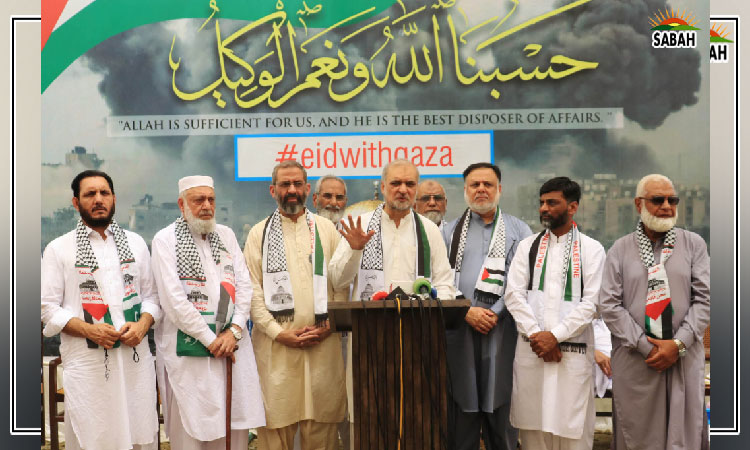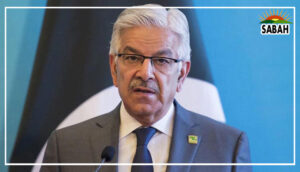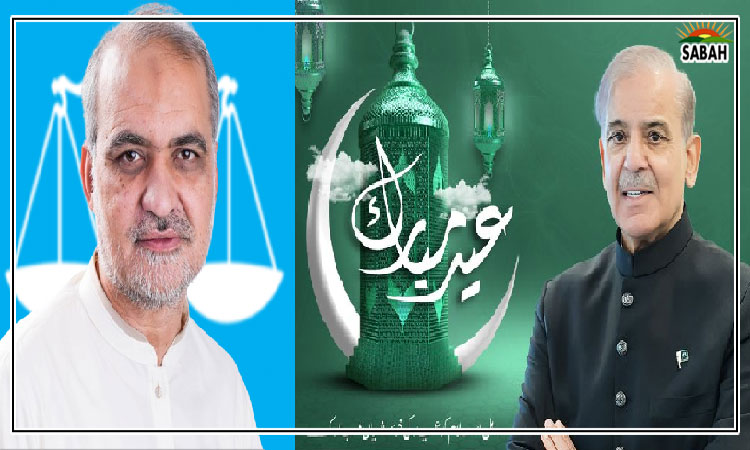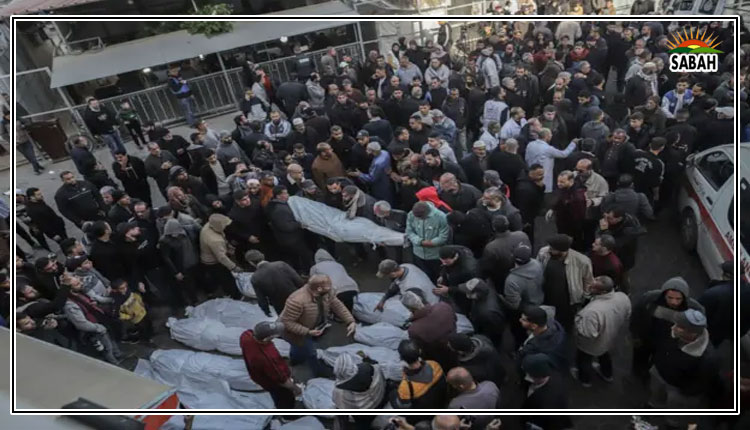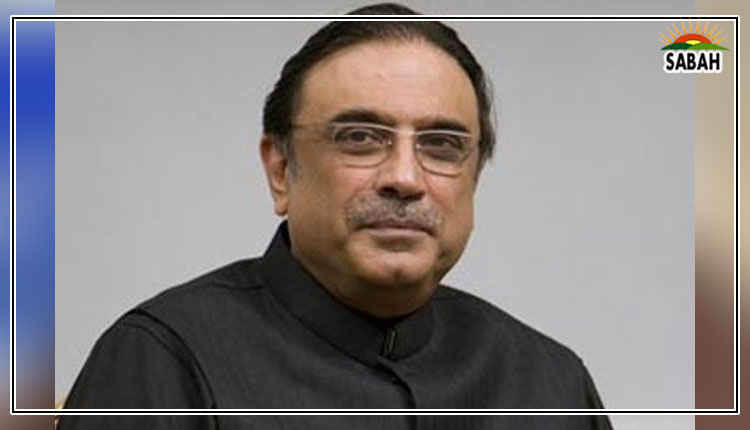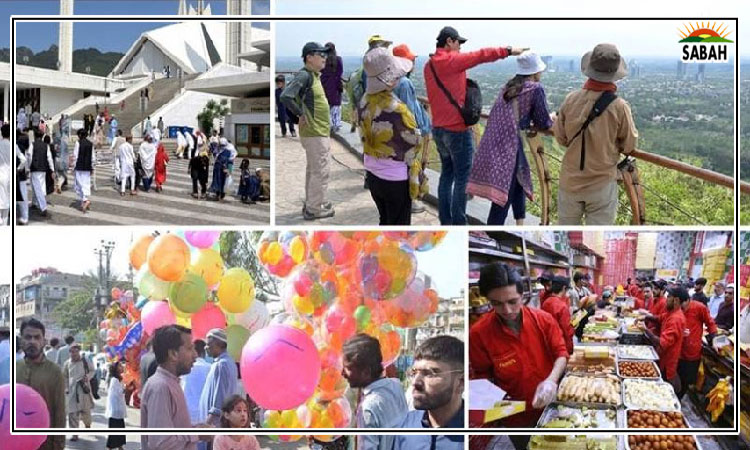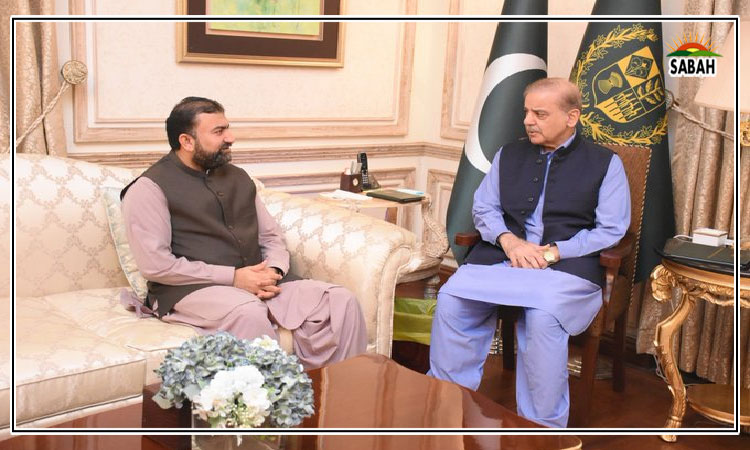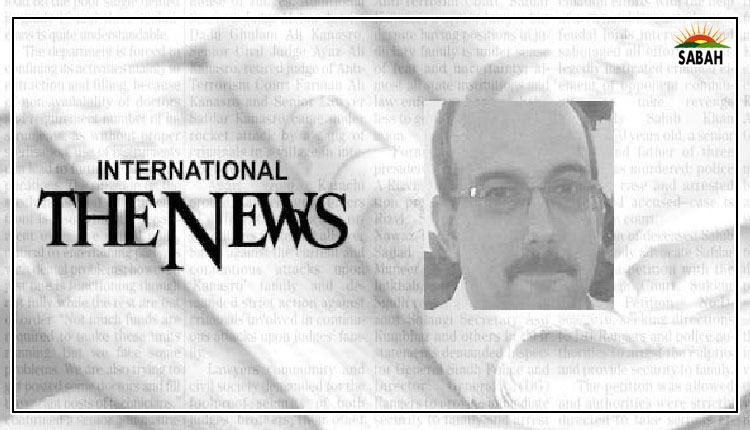Pakistan at 75 ۔۔۔۔Dr Naazir Mahmood
‘The Round Table’ – the Commonwealth Journal of International Affairs – has been enlightening its readers since 1910. It offers analysis and commentary on various aspects of international affairs, exclusively focusing on the Commonwealth countries. On the 75th anniversary of the independence of India and Pakistan, ‘The Round Table’ brought out two separate issues for the two countries.
The special issue presents six detailed articles, seven short opinion pieces, and three book reviews – all relevant to Pakistan and the Indian Subcontinent. With writers such as Aasim Sajjad Akhtar, Frahan Hanif Siddiqui, Iftikhar Malik, Ilhan Niaz, Ishtiaq Ahmed and Pervez Hoodbhoy, the journal brings together some of the best scholar writing on Pakistan in the 21st century. Though all articles are worth reading, this article will discuss a few of them.
Farhan Hanif Siddiqui teaches at QAU and has established himself as a prolific writer and scholar on Pakistan affairs. His article ‘Unity in diversity: constituting and constructing Pakistan’s national identity’ deserves a special mention as it critically explores the evolution and expression of Pakistani national identity.
He argues that national identity in Pakistan is essentially a project of assertion in the post-colonial period. Since the inception of Pakistan, there has been ambiguity over the religious versus secular direction of Pakistani identity, whereas there has been a clear assertion by the state on a single national identity that was supposed to be just ‘Pakistani’ – even at the cost of all other ethnic or linguistic identities.
While projecting an ‘absolutist national identity’, the state of Pakistan has always been averse to subnational identities that had to be strictly sidelined while following an overarching single path. Siddiqui presents three elemental positions of Pakistan’s national identity discourse: the nationalist, the perennialist, and the social constructivist. His article argues in favour of a humanist-centred interpretation to promote a diverse, inclusive and tolerant definition of Pakistan.
Siddiqui’s case for a humanist approach to identity is convincing as in the past 75 years the country has not been able to give equal rights to its minorities, and there is still widespread discrimination on the basis of caste, community, and creed.
Majority groups constantly question the loyalty of smaller groups to the single Pakistani identity and their true allegiance is also in doubt. This fear of disloyalty has played havoc with the cultural, ethnic, and linguistic identities of diverse groups of people living across Pakistan. There is a constant state of paranoia that any identity other than the single Pakistani one could sabotage the state. This approach has increased intolerance in society and any talk of plurality is frowned upon especially by those who consider themselves as the paramount defenders of one dominant ideology.
Ishtiaq Ahmed is a renowned political scientist and writer of three major books and dozens of articles and essays, serving currently as professor emeritus in Sweden. His article ‘The partition memory and the Pakistan nation-state project, 75 years on’ deals with the memories of the partition of India that have been haunting the people of this region, especially in Punjab on both sides of the borders. Though the rights of citizens were at the forefront of the struggle for independence and the creation of Pakistan, minorities in both countries have suffered a lot.
To Ishtiaq Ahmed it was the fight between the Indian National Congress – which claimed to represent all Indians and stood for a democratic and secular India it wanted to retain as a united country – and the All India Muslim League that claimed to represent all Muslims within the Subcontinent – though there were many Muslims who did not agree with this claim. The main argument of his article is that partition memory is selective, but this is not a unique case with India or Pakistan. Many post-colonial states have tried to appropriate memories to justify and legitimize their exclusive sovereign control over their populations and territories.
Similarly, in Pakistan, the project of Islamic identity has used the partition memory as an important tool to further its own interests. Since Partition left bleeding scars, the psyche of the people in both countries has shaped the behaviours of their governments and vice versa. There is a need to put all this in a proper perspective, and Ishtiaq Ahmed does it in a scholarly manner. The animosity between India and Pakistan has become more elaborate and ostentatious especially in Punjab; this tendency is not new.
Ishtiaq Ahmed highlights that the British military which until May 1946 had opposed the partition of India reevaluated the strategic advantages. It concluded in May 1947 that a partitioned India with a weak Pakistan would be more amenable as an ally against the Soviet Communism that India under Jawaharlal Nehru, who was left-leaning. In this backdrop, communal riots erupted in several towns in Punjab and the Congress Party threw its weight behind the Sikhs’ demand for the partition of Punjab on a religious basis that heralded a violent rupture with the past; the two nations could never forget the memories of that violence while blaming each other and harping with a continued legacy of acrimony and hatred.
Aasim Sajjad Akhtar is another brilliant scholar and writer at QAU who has contributed to the special issue. His article ‘The unfinished project of decolonization: a revisionist reading of Pakistan at 75’ argues that most historians and scholars have analyzed Pakistan through binaries that suggest an existential conflict between liberal democrats and illiberal theocrats.
Akhtar highlights that ideological polarization has always existed within Pakistan’s militarized structure of power. He proposes a new approach by explicating the underlying structural logics to make sense of palace intrigues that have plagued the country.
Akhtar is perhaps right in suggesting that the dialectic of local political economies and global geopolitics call for a rethink with a normative approach to understand decolonization. He laments that progressives who might spearhead transformative politics are relatively disorganized and lack a viable strategy to acquire state power.
Militant entities and some parts of the state have their ever-expanding interests to propagate xenophobic and religious nationalism. Largely captive audiences contain mostly young people who are easily swayed. “Decolonisation remains the most urgent imperative of Pakistan’s overwhelmingly youthful population.”
Pervez Hoodbhoy is an indomitable fighter for sanity in Pakistan. And through his columns and commentaries, he keeps nudging young people to think and question. His article ‘The rocky road to modernity: an assessment of Pakistan’s 75 years’ offers an insightful read. To assess whether Pakistan is moving towards or away from modernity, Hoodbhoy examines the evolution of three aspects: the overall idea system of society, the political system, and the national culture.
Hoodbhoy believes – and rightly so – that in the 1980s the country changed profoundly with the advent of political Islam. General Zia explicitly repudiated Western modernity and led the country to seek exemplars in the Islamic past.
In short, this special issue of ‘The Round Table’ is a treasure trove that incites us to think differently.
The writer holds a PhD from the University of Birmingham, UK. He tweets @NaazirMahmood and can be reached at:
mnazir1964@yahoo.co.uk


